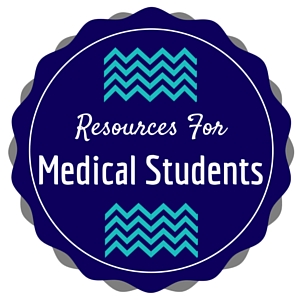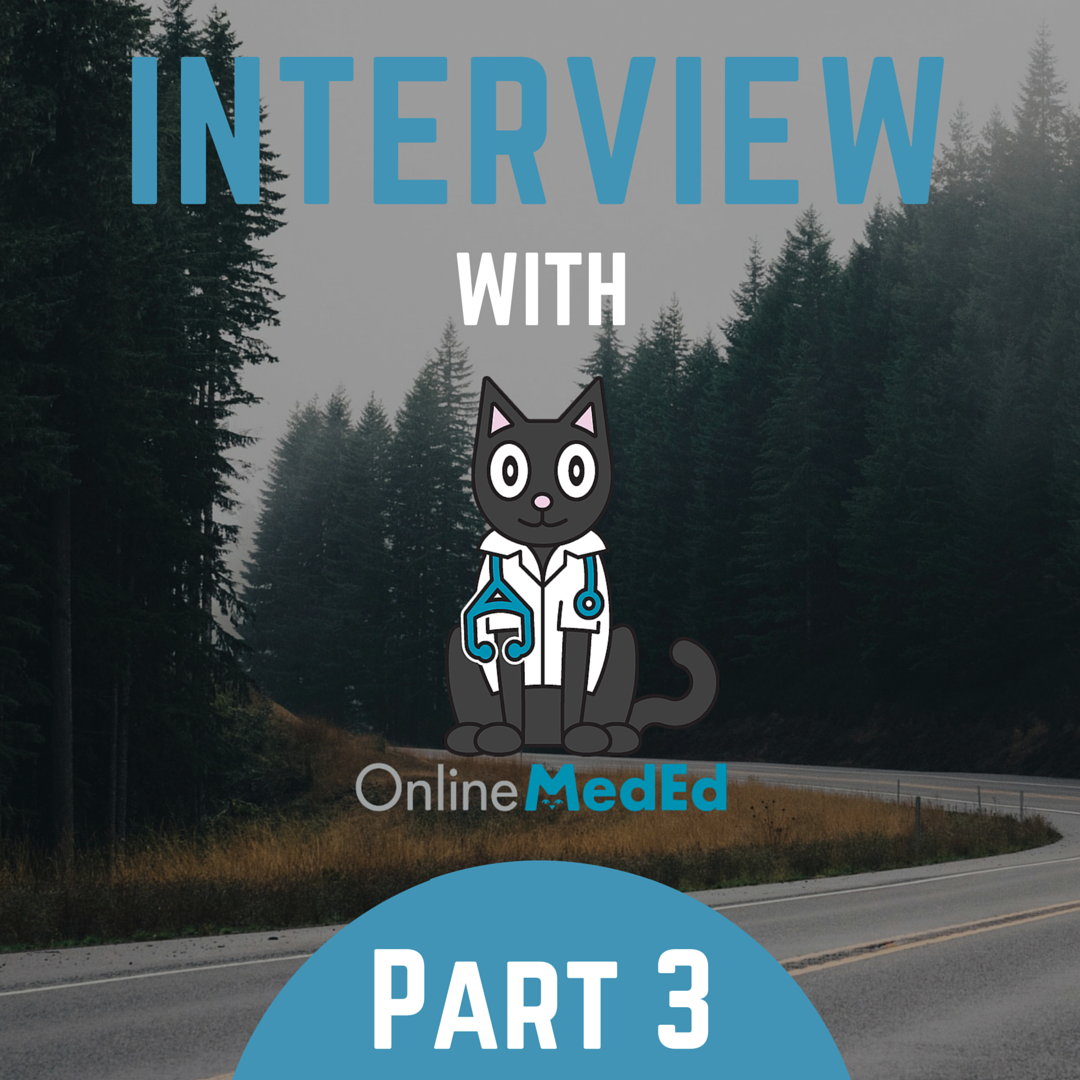Cardiology Rotation Resources
 There’s a lot of internal medicine sub-specialty rotations you can choose from during your third or fourth year electives, and one that is frequently recommended is cardiology, or electrophysiology cardio (ie: EKG reading), lasting anywhere from 1-4 weeks. It can be one of the most intimidating electives, especially for those of us not interested in becoming cardiologists. Your in-hospital patients will be incredibly sick, your outpatient clinic visits may be emergently transferred to the hospital, and often you’ll spend your early mornings observing cardiac echo’s, stress tests and EKGs being performed.
There’s a lot of internal medicine sub-specialty rotations you can choose from during your third or fourth year electives, and one that is frequently recommended is cardiology, or electrophysiology cardio (ie: EKG reading), lasting anywhere from 1-4 weeks. It can be one of the most intimidating electives, especially for those of us not interested in becoming cardiologists. Your in-hospital patients will be incredibly sick, your outpatient clinic visits may be emergently transferred to the hospital, and often you’ll spend your early mornings observing cardiac echo’s, stress tests and EKGs being performed.
However, it’s a great educational opportunity, and I’ve compiled a massive list of resources, broken up into sections on ACLS, general cardiology and EKGs. You may see some sites listed in multiple sections, and there are no iPhone or Android apps listed, as I never found one I actually wanted to use. If you have one you love, share it in the comments!
ACLS
Keep your ACLS pocket cards in your pocket – you’ll want to be sure they’re on hand. There’s no shame in reviewing your drugs during a code if you’re not needed on compressions.
- Sketchy Medicine’s ACLS tag http://sketchymedicine.com/tag/acls/, especially the Hs and Ts of PEA/asystole – http://sketchymedicine.com/2013/04/the-6-hs-of-pulseless-electrical-activity-pea/ with a great mnemonic for remembering the Hs 😀
- OnlineMedEd‘s ACLS Easy and ACLS rhythms
General Cardiology
OnlineMedEd.org‘s Cardiology section: covers CAD, valvular disease, pericardial disease, cholesterol, heart failure, cardiomyopathy, syncope, hypertension, ACLS overview and rhythms
Sketchy Medicine’s Cardiology tag: includes the important aspects of a cardiac history, heart sounds and why S3 and S4 happen, jugular venous pulse, systolic vs diastolic heart failure, the PE techniques you need to evaluate for heart murmurs and the systolic vs diastolic murmurs compared, cyanotic vs acyanotic congenital heart conditions (good if you’re on peds cardio, too) and a sketch just on PDAs, blood supply to the heart and the corresponding types of MIs (See also: Shock)
EKG Reading
- Practical Clinical Skills EKG Training. This site is really the bees knees – they have an intro to EKGs covering all the basics, a nice reference guide, free lectures from EKG Academy, and excellent arrhytmia practice drills. Best of all? A randomly generated 20 question EKG quiz that gives you points based on correctness AND speed, generated from a library of 350 tracings. So, so flippin’ good. Definitely try the arrhytmia practice drills if you have ACLS coming up.
- Life in the Fast Lane, AKA LITFL – especially the basics section





